March 06, 2019
Aaaaand…the Gold Medal Goes to…TEAM PURITANI!!!
Brilliant bel canto singing and Olympic sports have more in common than you might think. We asked members of Lyric’s I Puritani team two questions to illustrate that point. Here’s what they had to say.
If your role in I Puritani was an Olympic sport, what sport would it be and why?
“It would be a triathlon. We have to pace ourselves and make sure we have something left over at the end.” — Lawrence Brownlee / Arturo
“Running.” — Albina Shagimuratova / Elvira
“Decathlon. As far as pure singing, Riccardo does a little of everything.” — Anthony Clark Evans / Riccardo
“Basketball is one of the sports I really enjoy playing, and one where the focus and the precision are crucial — exactly like in working on this role.” — Adrian Sâmpetrean / Giorgio
“Enrichetta would be a speed skater... and Arturo her trusted team mate!” — Lauren Decker/Enrichetta
“I feel that Bruno is a partner in pair figure skating. A majority of his singing is with Riccardo and while Riccardo is dazzling the crowd with a combination of florid passages and legato phrases, Bruno is there for support and to provide stability. Riccardo may be doing the triple axel, but Bruno is lifting and throwing him into his technically difficult but graceful jumps and rotations.” — Alec Carlson / Bruno
“Gualtiero, a general, governor to Lord Arturo, and father to Elvira, is very poised and dignified. He lives a life of tradition and law. I think fencing is a good representation of these values and traits as it is a very dignified sport involving combat, old world tradition, and flawless technique.” — Alan Higgs / Gualtiero
“Triathlon: the role of conductor is multifunctional — it’s not only ‘moving arms’ during performances, but also engaging the audience, creating a positive working mood, sharing information with artists about style.” — Enrique Mazzola / Conductor
“My role is like the coach for the marathon runners. My role is one that, on the day of the ‘event,’ is on the sidelines, watching my team execute our carefully made plans that were honed in weeks prior.” — Eric Einhorn / Director
“My role would be the coach of the hockey/soccer/water polo/gymnastics team. Any team in fact that has lots of amazing individuals who need to pool their talents into one team.” — Michael Black / Chorus Master
“It would probably be some sort of long-distance running. For me, one of the challenges in prompting an opera (and the same can be said for every other musician involved in a given performance) is training for longevity. We all go to great lengths perfecting the details of a score as we prepare, which means months of daily study and practice. But once a performance starts, you have to shift your focus to the bigger picture and know that if minor things go wrong along the way, you can still maintain your focus and function at a high level for several more hours.” — Matthew Piatt / Prompter
How do you train to build the stamina you need to give a gold-medal performance?
"Staying fresh, saving yourself, and being able to produce some of your best moments at the end of the opera!" — Lawrence Brownlee
“Lots of practice.” — Albina Shagimuratova
“As with any role, you must first start with small details and perfect the hardest bits. The rest becomes much easier when you do the hard work at the start.” — Anthony Clark Evans
“First of all, I prepare mentally, to be fully prepared for the challenges of the character and to be able to represent him as accurately as possible with all the feelings, sometimes very mixed, that he might contain. And then, of course, for the physical part, I always try to be in shape, but I don't have a special training routine. I just try to get all the muscles awake and at the same time relaxed, so that there is no muscular tension.” — Adrian Sâmpetrean
“In order to have a gold-medal performance, you have to spend your time not just practicing, but envisioning yourself nailing a gold-medal-worthy performance — believing you have the ability to give an incredible performance is half the battle!!” — Lauren Decker
“Someone once likened opera to the ‘Olympics of singing’ and I could not agree more. The building of stamina comes from a lot of vocal exercises, singing through/studying the role every day, and plenty of hydration and nourishment to have the energy to ‘go for the gold’ every performance.” — Alec Carlson
“To give a gold-medal performance one must practice, practice, then practice some more. You can never be overprepared. Translate the text, find meaning in the words and what the character has to say, and figure out how can you can deliver that through your performance. Getting the language into your mouth so it sounds fluid and native is also very important and finally getting the music into your voice. It takes time and lots of singing to make sure you have the stamina to perform the role without vocal fatigue.” — Alan Higgs
“How do you build stamina? Exactly as a top-performing athlete: exercise and study. Plus a good dose of imagination, creativity and humor!” — Enrique Mazzola
“As the marathon coach, it is my job to support the ‘runners’ as well as strategize with them to work towards gold-medal performances. I work to craft individual approaches for each artist/athlete that will contribute to the success of the team as a whole. Opera is, without a doubt, a team sport, and I am incredibly lucky to be a part of ‘Team Puritani!’ — Eric Einhorn
“Any individual team member needs to train for decades to have the language, musical, vocal and dramatic skills to perform in this opera and give a gold-medal performance. No offense to the principal singers, but the opera is not named after any of them, it is named after the chorus; The Puritans (well kinda!)” — Michael Black
“When prompting a performance, I spend weeks practicing the words in slow and deliberate repetitions. Especially in sections when the music is frenetic, the only way to stay calm is to sing while playing the piano part, to internalize the synchronization of the two lines. If any singers need help from me, I have to be ready to assist them immediately. The idea is to ‘right’ the ship without disrupting a performance. Like much of the training athletes do, the preparation part is the least glamorous. Mine often involves early mornings in pajamas with coffee, but the careful and endless hours of study really pay off in the end.” — Matthew Piatt
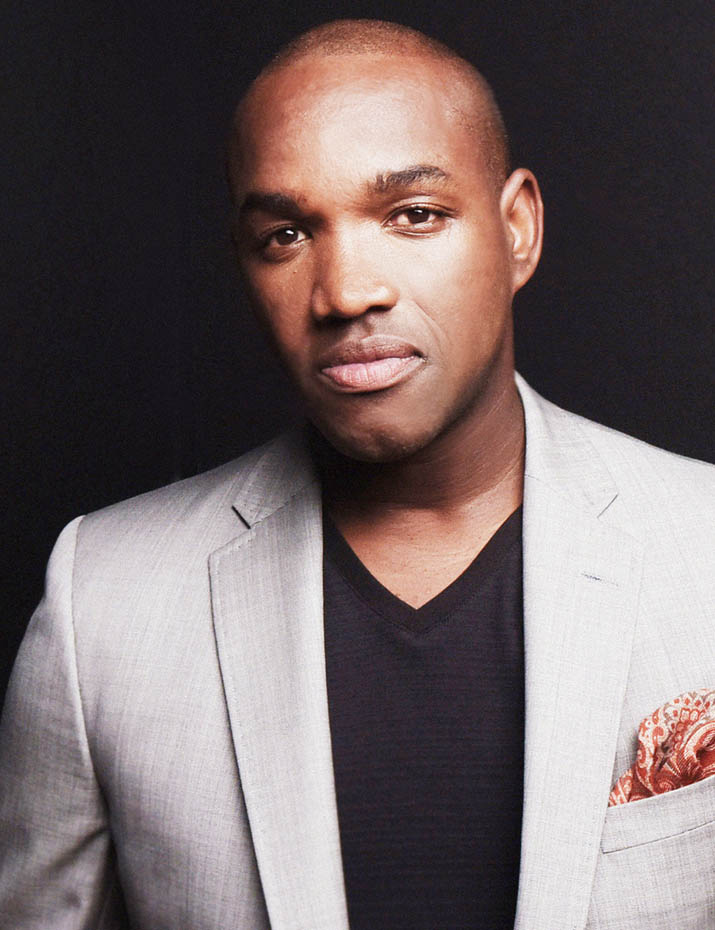
Lawrence Brownlee
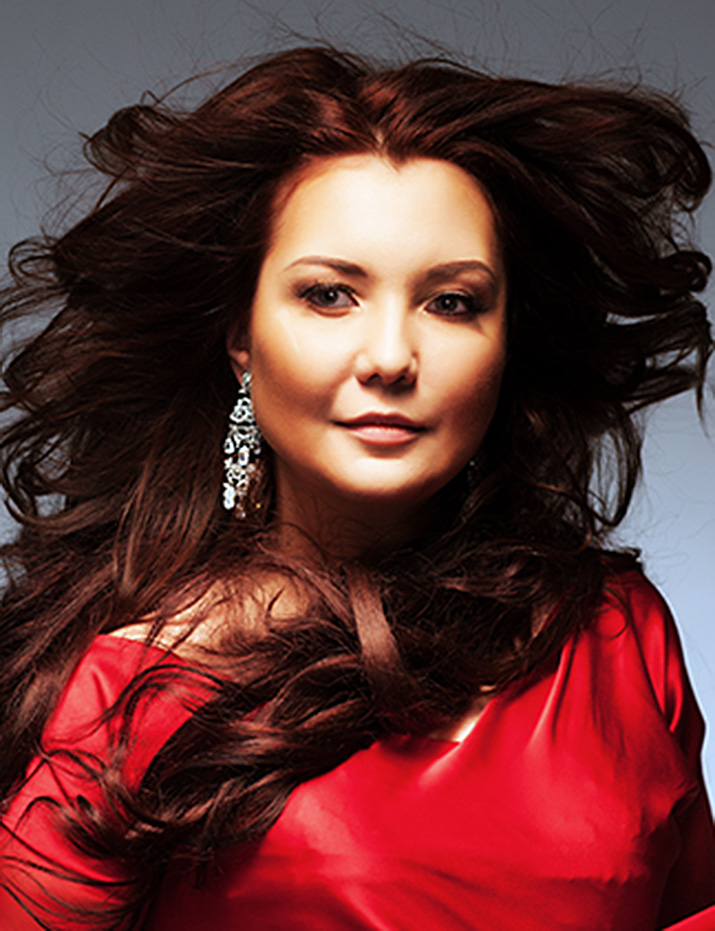
Albina Shagimuratova
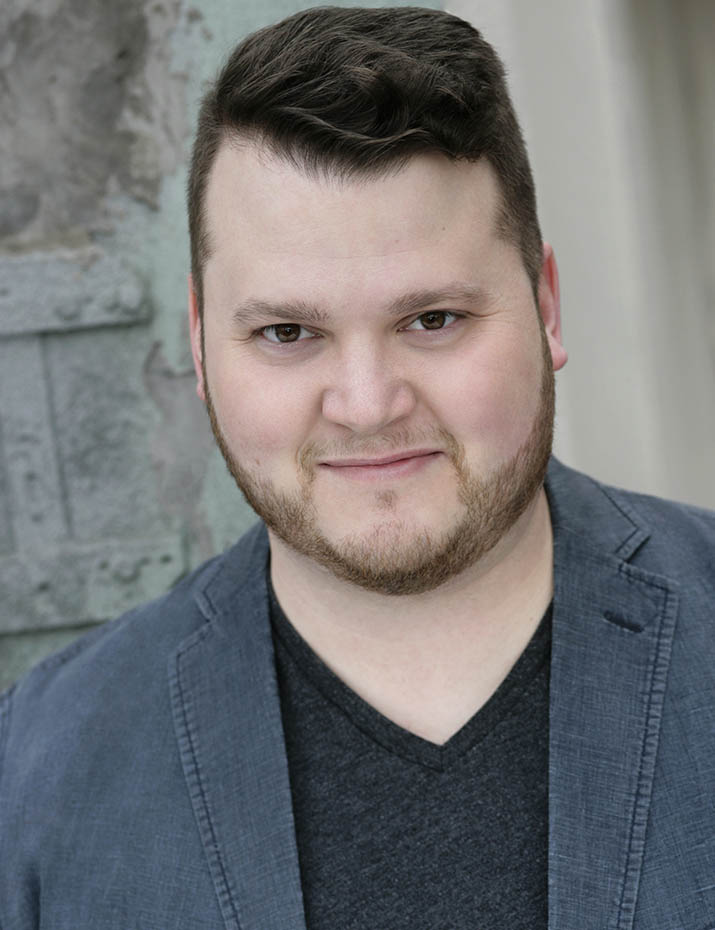
Anthony Clark Evans
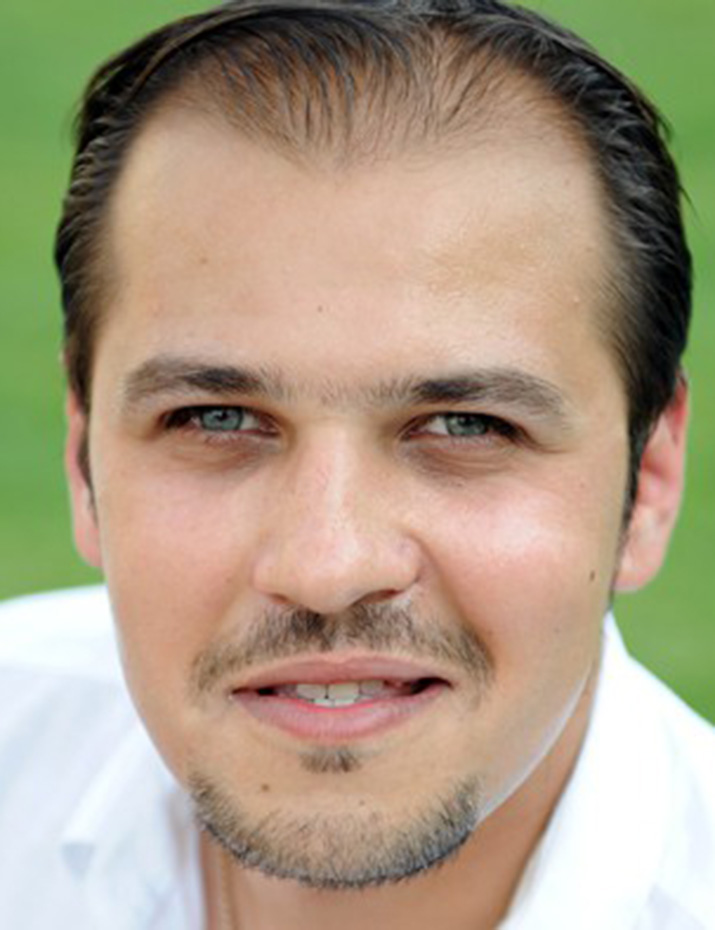
Adrian Sâmpetrean
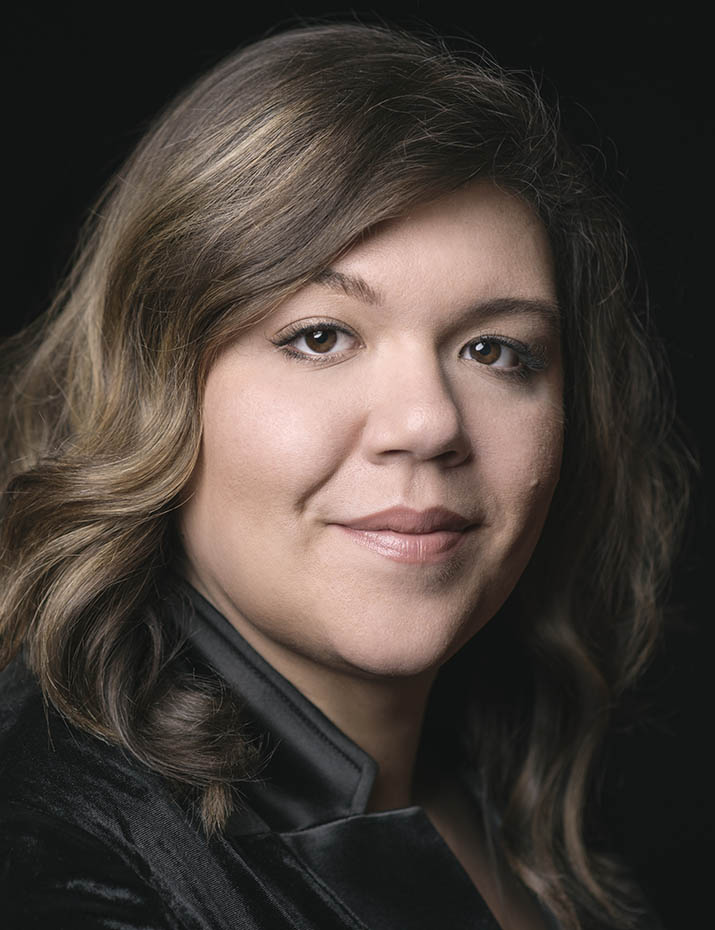
Lauren Decker
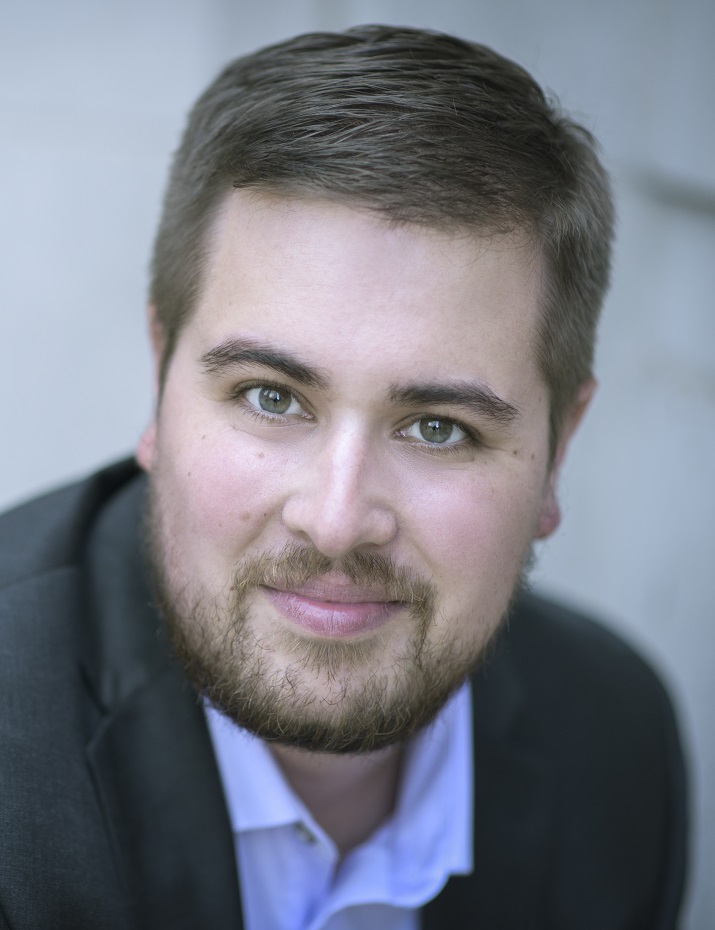
Alec Carlson
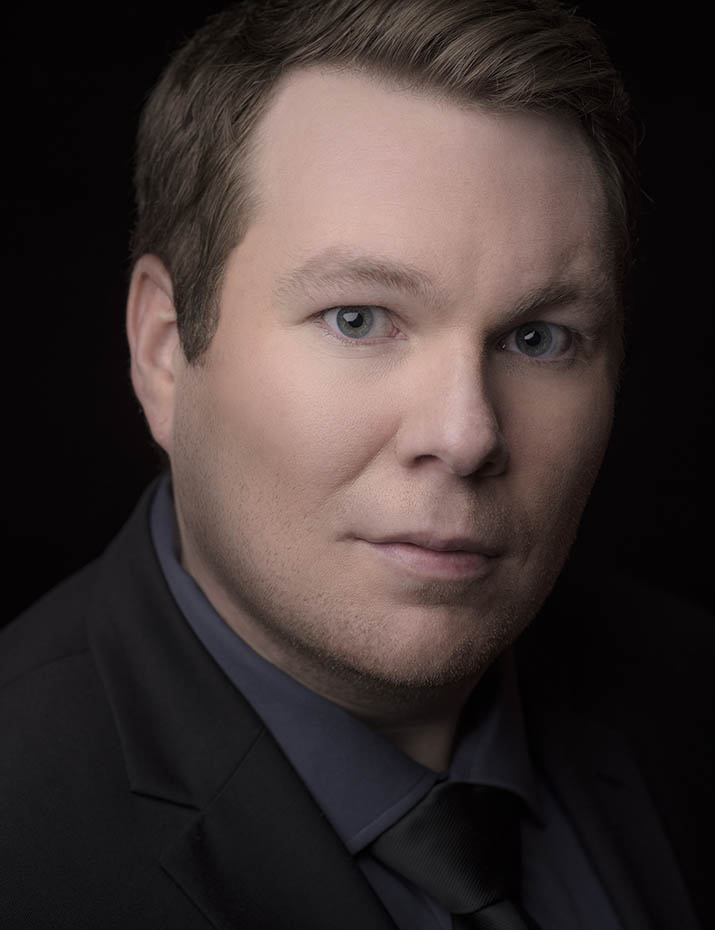
Alan Higgs
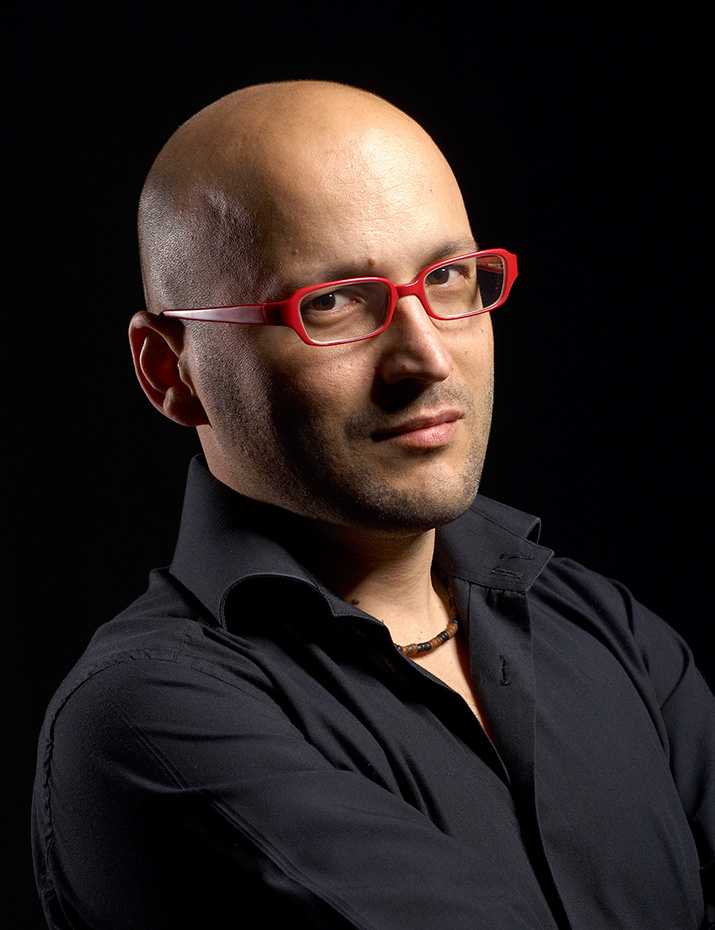
Enrique Mazzola

Eric Einhorn
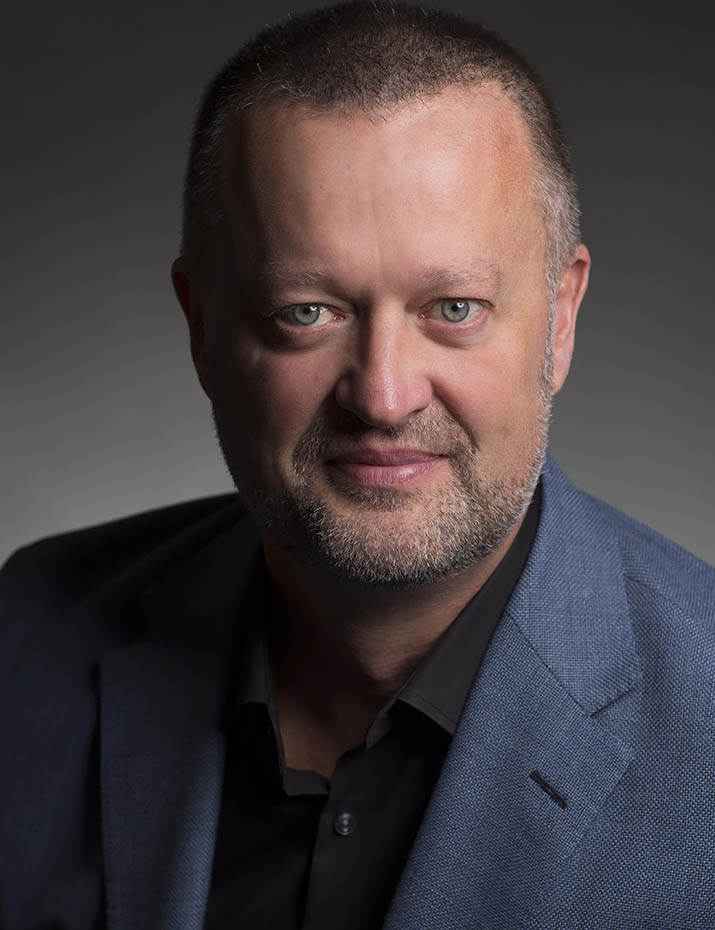
Michael Black
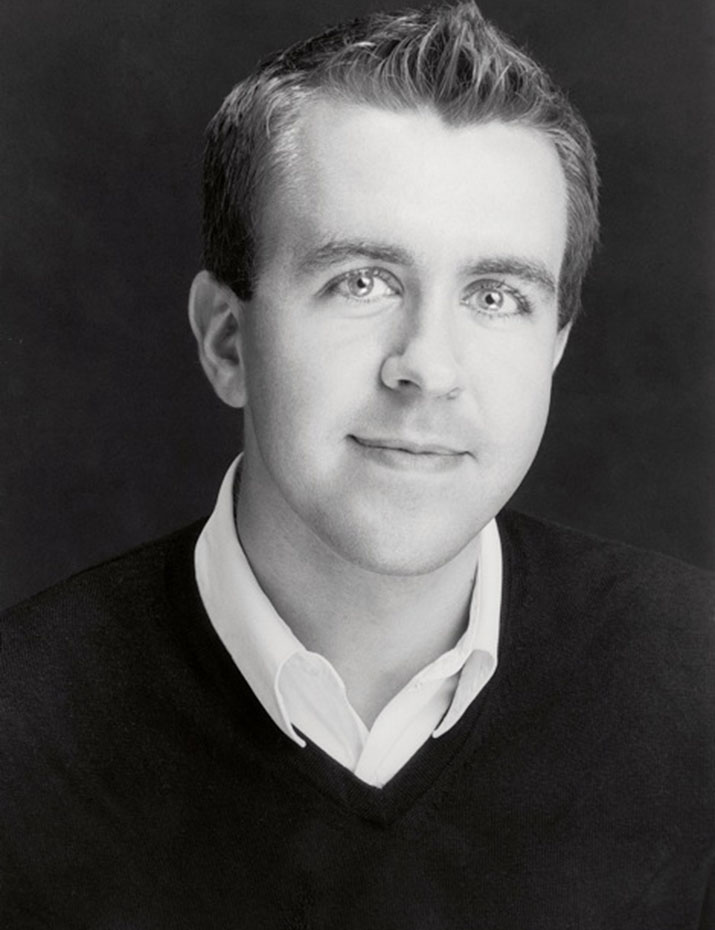
Matthew Piatt

